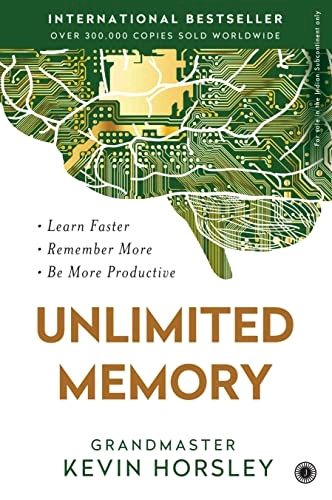Video games facilitate strategic thinking from "summary" of Everything Bad is Good for You by Steven Johnson
Video games have often been criticized for their apparent lack of educational value. However, recent research suggests that these games can actually help improve cognitive skills such as strategic thinking. In his book "Everything Bad is Good for You," Steven Johnson argues that video games require players to make complex decisions and think strategically in order to progress through the game. Unlike traditional forms of entertainment like television, which often present a passive viewing experience, video games actively engage players in problem-solving tasks. Johnson points out that many modern video games feature multiple levels of increasing difficulty, requiring players to devise and adjust strategies in order to succeed. This constant need for strategic thinking can help improve cognitive abilities and decision-making skills. Furthermore, the immersive nature of video games encourages players to think critically and creatively in order to overcome challenges within the game. Johnson notes that players must often think outside the box and consider alternative approaches in order to progress. This flexibility in thinking can translate to real-world situations, where the ability to think strategically and adapt to changing circumstances is crucial. Additionally, video games often involve complex systems that players must learn to navigate in order to succeed. Johnson argues that this process of learning and mastering these systems can help improve cognitive skills such as problem-solving, critical thinking, and decision-making. By engaging with these systems, players are constantly challenged to think strategically and consider the consequences of their actions.- Johnson's argument that video games facilitate strategic thinking challenges the traditional view of these games as simply mindless entertainment. By requiring players to think critically, creatively, and strategically, video games can actually help improve cognitive skills and decision-making abilities. This shift in perspective highlights the potential educational value of video games and suggests that they may have more to offer than meets the eye.
Similar Posts
Strategies for independent play
Encouraging your preschooler to engage in independent play can help foster their creativity, independence, and problem-solving ...

Hope ignites
The concept of hope ignites is a powerful force that can drive individuals to push through the darkest of times. It is a flicke...

Stress negatively impacts memory retention
When stress levels are high, our brains are flooded with cortisol, a hormone that can interfere with the way memories are forme...
Knowledge is not meant to be hoarded, but shared and expanded upon
In the realm of knowledge, there exists a fundamental principle that transcends individual possession and selfish retention. Th...
Sacrifice for the greater good
The willingness to give up personal desires and comforts for the betterment of others is a recurring theme in 'The Good Earth'....
People communicate through both verbal and nonverbal cues
Communication is a complex process that involves more than just words. It is not limited to what is said, but also includes how...
Interactive media enhances problemsolving skills
Johnson argues that interactive media, such as video games and online platforms, play a crucial role in enhancing problem-solvi...

